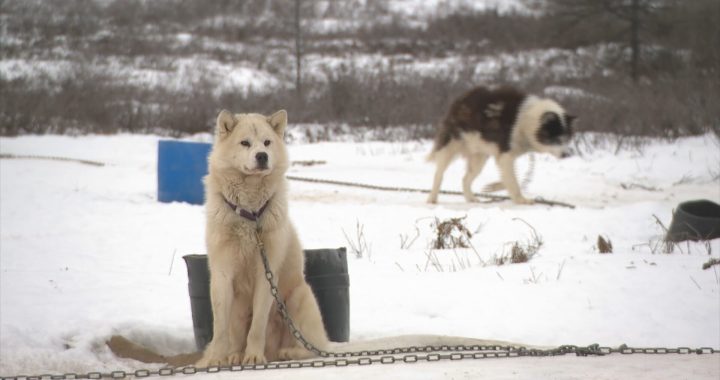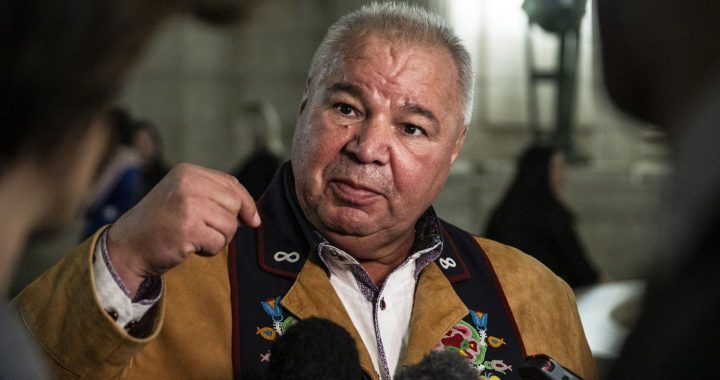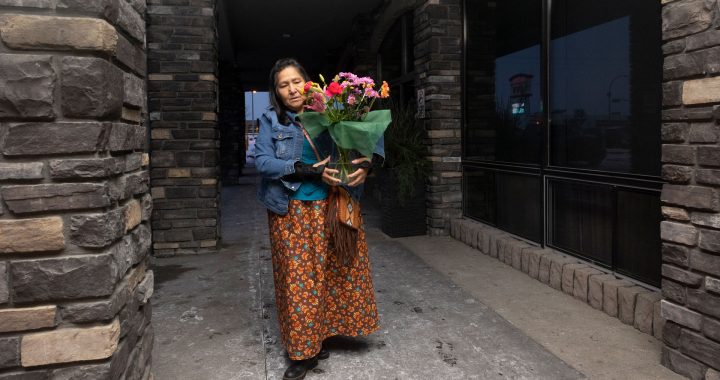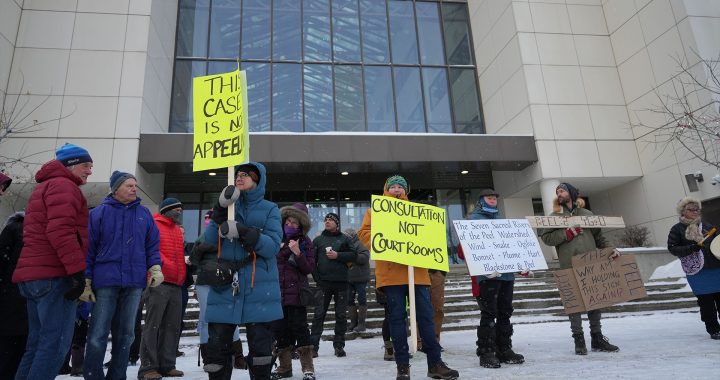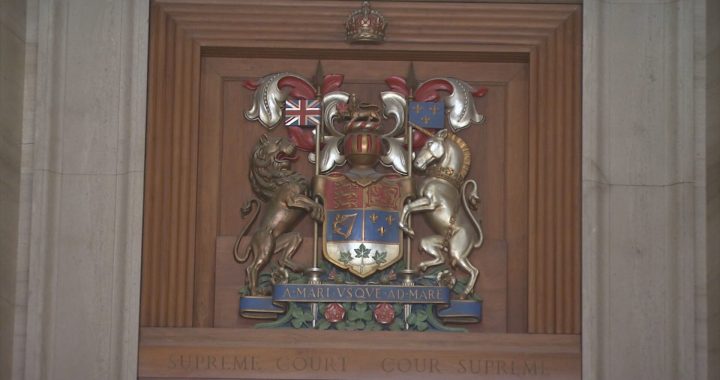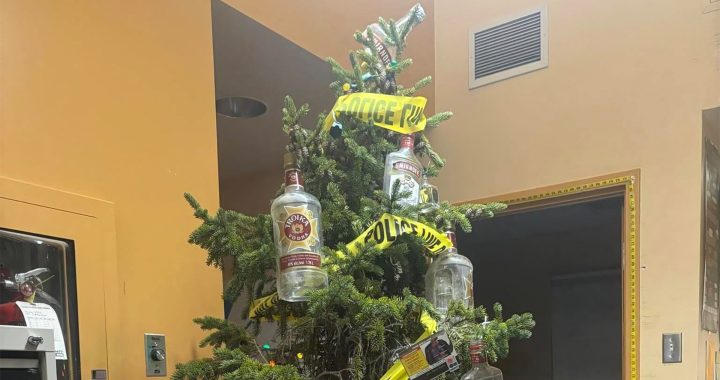The head of the Anishinabek Nation says 17 years is long enough to wait for the police and the province of Ontario to implement some of the key recommendations produced by the Ipperwash inquiry, which was launched after the 1995 death of Dudley George.
“The Anishinabek Nation has been working on heritage and burials, treaty and public education, but this is often done without the support from Ontario,” Grand Council Chief Linda Debassige said in a statement released Sept. 6. “As an organization, we had identified these key recommendations to Ontario, and none were implemented.
“We are calling on the Ontario government to make a commitment to implement some key recommendations on this 29th anniversary of the shooting death of unarmed land defender Dudley George at Ipperwash.”
According to the Nation, the Ontario Provincial Police (OPP) “has addressed” 25 policing recommendations “but has yet to implement them.”
On Sept. 6, 1995, George, a member of Kettle and Stony Point First Nation, was shot dead by an OPP sniper after entering the park. The Ojibway community was demanding the province and federal government return Ipperwash Provincial Park to them after it was expropriated by the military during the Second World War.
Seven years after his death, the provincial government launched an inquiry.
“In 2007, the Report of the Ipperwash Inquiry produced 100 recommendations for implementation and the Anishinabek Nation is disappointed that there has been little to no movement on the implementation of the recommendations,” said Debassige in the statement.
According to the release, the nation wants the following recommendations “identified for immediate implementation.”
1. The provincial government should establish a permanent, independent, and impartial agency to facilitate and oversee the settling of land and treaty claims in Ontario. The agency should be called the Treaty Commission of Ontario.
15. The provincial government should promote respect and understanding of the duty to consult and accommodate within relevant provincial agencies and Ontario municipalities.
16. The provincial government should continue to work with First Nation organizations in Ontario to develop co-management arrangements and resource-sharing initiatives. The provincial government should also provide financial or other support to First Nation organizations and third parties to develop capacity, identify best practices, and formulate strategies to promote co-management and resource-sharing.
22. The provincial government should work with First Nations and First Nation organizations to develop policies that acknowledge the uniqueness of First Nation burial and heritage sites, ensure that First Nations are aware of decisions affecting burial and heritage sites, and promote First Nations participation in decision-making. These rules and policies should eventually be incorporated into provincial legislation, regulations, and other government policies as appropriate.
30. The Ministry of Education should establish formal working relationships with First Nation organizations to promote more First Nation perspectives and content in the elementary and secondary school curricula.
37. The provincial government should establish and fund an Ontario First Nation Reconciliation Fund. The Ministry of Indigenous Affairs should work with First Nations and First Nation organizations to determine the mandate, governance structure, funding guidelines, and administrative structure of the fund. The provincial government should commit sufficient resources to the fund to enable it to achieve its objectives.
56. The federal and provincial governments should update their policies on First Nation policing to recognize that self-administered First Nation police services in Ontario are the primary police service providers in their communities.
According to its website, the Anishinabek Nation represents 39 First Nations in Ontario from “Golden Lake in the east, Sarnia in the south, Thunder Bay and Lake Nipigon in the north.”




